Graham Reid | | 3 min read
Marion Arts: O Shining White (from the album Songs of the Rings, 2000)
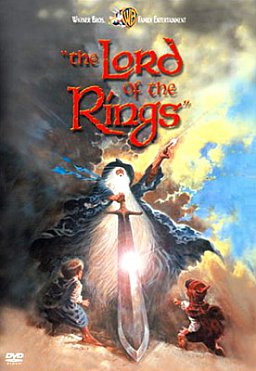
A handsome blonde organ-playing Scandinavian with an interest in The Lord of the Rings? It almost sounds like a soft-porn joke, but Bo Hansson from Sweden has a small but early stake in Tolkien-trivia.
In the late-Sixties, as with many of that pothead period, he was so taken by Tolkien's trilogy he decided to record an album, Music Inspired By The Lord of the Rings.
It's not bad either and it's still around. My slightly scuffed vinyl copy cost $9.95 from a secondhand store.
It's hardly going to knock Howard Shore's soundtrack to Peter Jackson's movie off its perch (With Enya! Hold the phone!) but it can claim to have got in to the Ring-thing pretty early. It came out in ‘72, that's an eon ago.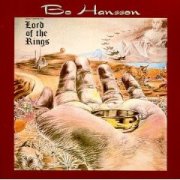
What that proves is this Lord of the Rings stuff isn't new. And he wasn't the first, either.
Former Cream-man Jack Bruce had a track To Isengard on his first solo album Songs for a Tailor in '69, and even before him the Beatles were briefly scheduled to be cast in a film, but the copyright proved difficult. (What a relief, Ringo as Frodo doesn't bear thinking about.)
Of course, Led Zeppelin were notoriously taken with things Elvish and out in the woodlands.
On Led Zeppelin II Robert Plant sang of Mordor and Gollum in Ramble On, and they recorded The Battle of Evermore on Led Zeppelin IV in ‘71.
Canadian heavy rock trio Rush also weighed in with Rivendell on their grand and pompous Fly By Night album (1975) before they were smitten by Ayn Rand's books and started writing concept albums about them.
There are any number of bands called Lothlorien (even a New Zealand outfit) who play Middle Earth-type folk music, although there's also a death-metal band by that name - guess they were cheering for the Orcs.
UK prog-rockers Marillion - originally called Electric Gypsy then Silmarillion - take their name from one of Tolkien's books, and perhaps weirdest of all, Leonard Nimoy -- the unflustered Mr Spock -- recorded The Ballad of Bilbo Baggins to no great public interest at all.
In the late-Seventies there were also tie-ins with the Ralph Bakshi animated feature, notably the soundtrack by Leonard Rosenman.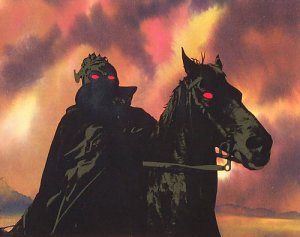
Dutch composer Johan de Meij's symphonic Lord of the Rings from ‘88 has proved extremely popular (Johan moved on to write about Loch Ness, incidentally) and in the late-Nineties the Tolkien Ensemble invited you spend An Evening in Rivendell and listen to Tolkien's poems set to music.
Around the same time the German metal band Blind Guardian bludgeoned their way into the party with Nightfall in Middle Earth, a somewhat more terrifying evening under the trees.
There have been Middle Earth calendars of Tolkien's maps and drawings since the early-Sixties and, of course, they are came back with a movie tie-in.
And it just goes on: Michael N. Stanton, who has taught English literature at the University of Vermont since 1971 and uses The Lord of the Rings every year, has weighed in with the timely Hobbits, Elves, and Wizards : Exploring the Wonders and Worlds of J. R. R. Tolkien's Lord of the Rings.
Add that to a long list of books and essays and discussion papers about Tolkien and his work.
And all Tolkien's books have been repackaged and remodelled. There's even the audiobook that comes in a wooden box. Why? Who knows, but I want one.
The BBC re-broadcast its 13-hour reading of the book, made 25 years ago. Interestingly, actor Ian Holm, who played the young hobbit Frodo in the radio version, plays Frodo's older cousin Bilbo Baggins in Peter Jackson's movie.
You can download the Brobdingnagian Bards' song by Tolkien (a bit of authorial confusion there between Jonathan Swift and Tolkein, perhaps?) or surf the net for shops that will happily sell you T-shirts and figurines, glassware and jewellery, pots and swords and keychains and posters and ...
Oddly, Bo Hansson's album, which was flicked to CD in '96, wasn't reissued when Jackson's trilogy started to come through.
But then it was. Of course.

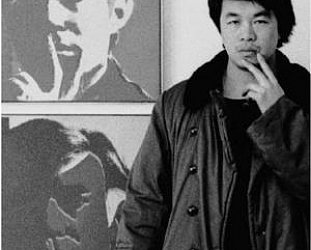
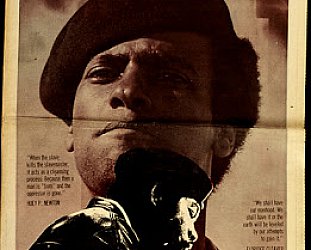

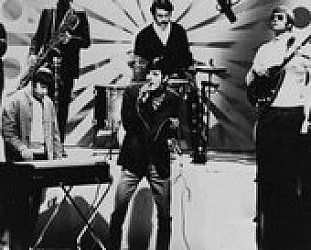
post a comment